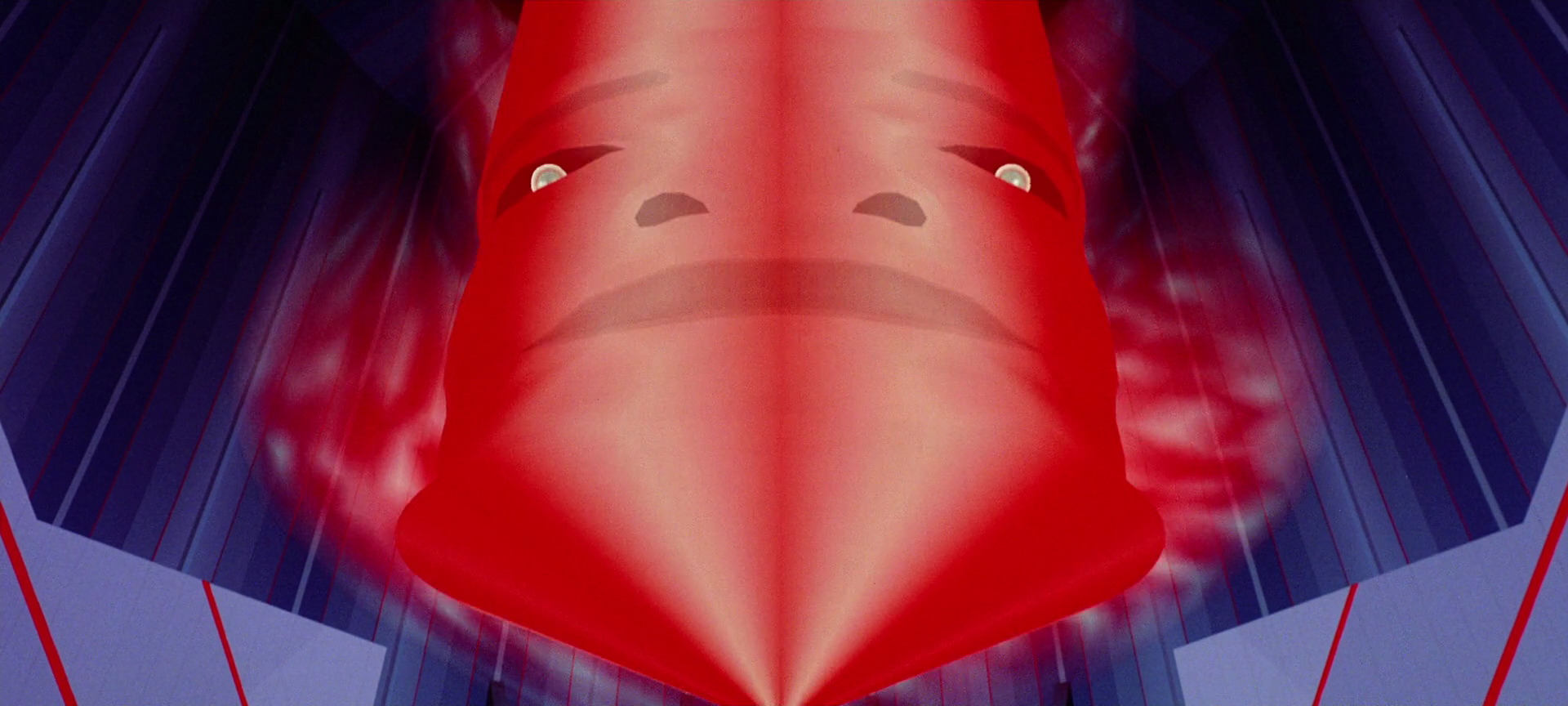I once heard that in the middle of 20th century, public transportation in the USA was widely privatized and bought by automotive manufacturers, and then wilfully left to rot, so that people would buy more cars.
However, I can’t find anything backing that up. Do you know whether that’s true, and where I can find some sources for that?
If I understand correctly, the old streetcar companies weren’t “privatized” (i.e. government-owned assets that were sold off); they were for-profit companies to begin with.
Aside from that quibble, it was true, but then the “willfully left to rot” part kicked in and those transit subsidiaries went bankrupt and ceased to exist. Any rail transit that exists today is either a system that got saved from GM’s plot by being bought by the government (e.g. New York’s subway system), or a government-run system founded more recently (e.g. Washington DC’s subway system).
Well, if you can’t find anything to confirm your bias, then it is probably wrong. Public Transit often loses money and is owned and operated by government.
It is worth noting that “loses money” and “costs money” are generally just differences of perspective. For many, public services don’t necessarily need to be profitable monetarily to be worth their cost.
eta: I would like to clarify that this is in no way disagreement. More of a yes-and, than a but. I agree with you completely.
I love that distinction. And where does the money go? “Lose money” implies it vanishes, which isn’t the case. It goes to companies that then pay their workers. It circulates which should be the point.
It’s like saying the Department of Transportation loses billions of dollars annually to build roads for individual vehicles. People find the craziest arguments to fight against anything that benefits the public.
The military budget alone is in the trillions and they’ve apparently never “wasted” or “lost” a cent.
Public transport almost never runs a profit on it’s own, but if you manage it through the government, then the added tax income from vastly more people being able to work better jobs, more than make up the shortfall.
It was not built by government though. Railways, streetcars, etc. were private for profit enterprises, that later were acquired by governments.
Public transport is mostly going to be owned by local, state and federal agencies. I’d be willing to bet that what you read was written by someone that likes to make shit up.
Yea I’m pretty sure this is what OP heard about, it’s a common tidbit that gets shared
Ownership wasn’t secret then, and it’s not secret now. What happened then was that they bought transit things and shut them down. That COULD happen now too, but it would happen pretty publicly
They do lobby governments though
deleted by creator
This is what I had heard of ages ago, thanks a lot!
If I understand this correctly, GM conspired to undermine public streetcars not to sell more private cars, but to sell public buses and supplies for them?
So I guess the part about selling cars that I heard was a myth, or at least not supported by evidence. Who knows what really went on in the GM executives’ minds, though?
No, that is not true.
Public transit, in the United States, is primarily owned and operated by various government agencies.
What you are describing fits into the conspiracy theory that automobile manufacturers “lobbied” politicians to pass laws, subsidies, zoning regulations, public transit expansion plans, etc that would favor / encourage car ownership while limiting the growth of public transit. I believe that there where some trials involving auto manufacturing executives, which support at least part of this theory, but I don’t know those details.
Removed by mod




